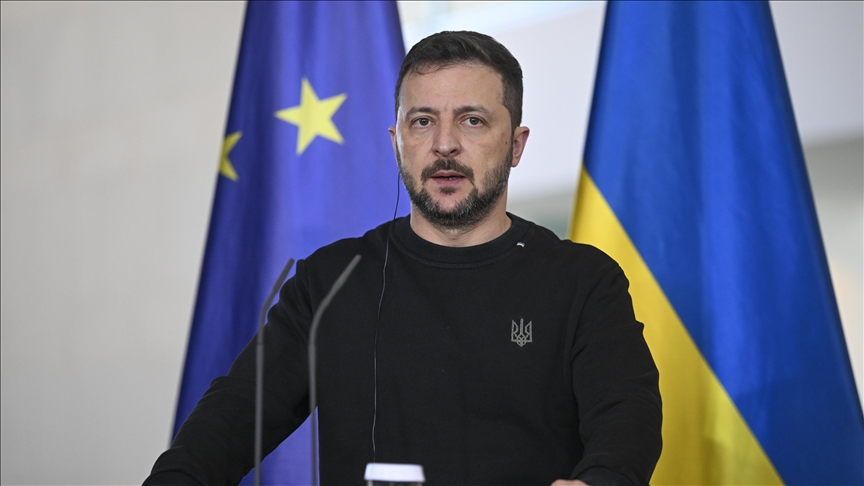The Russian government has condemned Ukrainian President Volodymyr Zelenskyy’s recent demand for nuclear weapons, calling the request “bordering on madness.”
Kremlin spokesperson Dmitry Peskov made these comments on Wednesday, February 5, during a press briefing in Moscow, sharply criticizing Zelenskyy’s suggestion that Ukraine should be armed with nuclear weapons as a means of deterring Russia.
“There is a non-proliferation regime for nuclear weapons, among other things,” Peskov stated. “Such statements and remarks, in general, border on madness.”
He dismissed the notion of Ukraine obtaining nuclear weapons, emphasizing the global stance against nuclear proliferation.
Zelenskyy’s controversial demand came during an interview with British journalist Piers Morgan on Tuesday evening.
The Ukrainian president questioned what security guarantees Ukraine could rely on if its bid to join NATO continues to face delays.
Related Articles
He suggested that, in the absence of NATO membership, Ukraine should be allowed to possess nuclear weapons to ensure its defense capabilities.

READ ALSO: Donald Trump signs executive order banning trans athletes from women’s sports
“Will they give us nuclear weapons? Let them give us nuclear weapons,” Zelenskyy said, adding that while he doubted Ukraine would be given enough missiles to deter Russia, acquiring nuclear weapons would certainly help the situation.
In addition to this, Zelenskyy expressed his willingness to engage in direct talks with Russian President Vladimir Putin to end the ongoing conflict, but only under specific conditions, including the presence of certain people at the negotiation table.
Peskov responded by stating that any readiness for negotiations should be based on concrete actions, not just rhetoric.
He dismissed Zelenskyy’s comments as “empty words” for now, noting that readiness for peace talks cannot be built on political statements alone.















